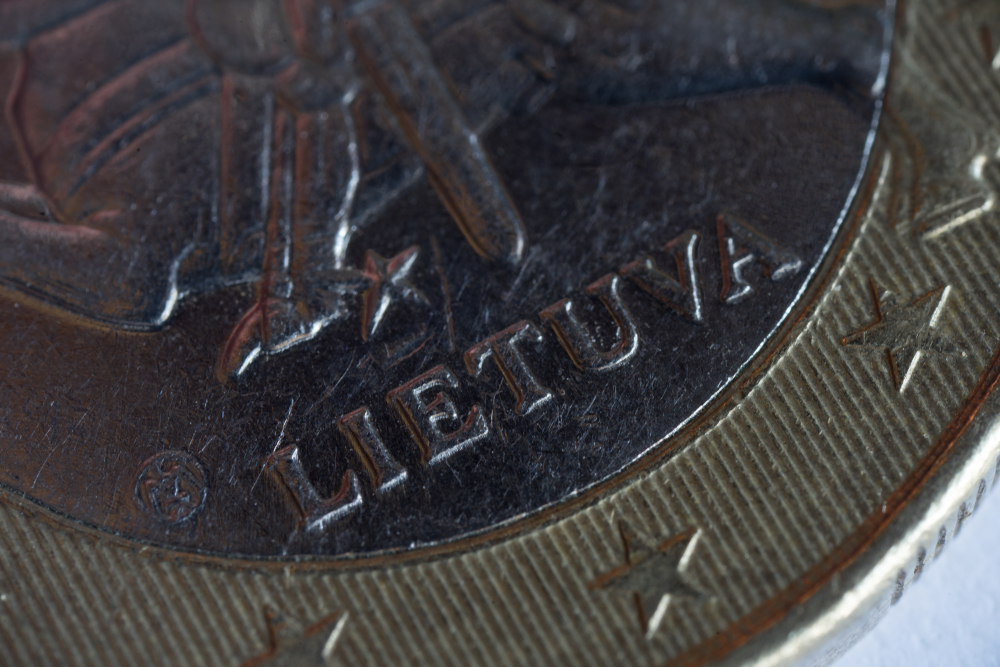Editorial: Ukraine War Justifies Defense Spending

Photo by gopixa / Shutterstock.com
One of the themes that came out of the CEO Breakfast meeting we put on with the German-Hungarian Chamber of Commerce and Industry and Wolf Illner of the Budapest Security Dialogue on the morning this edition went to print may not be particularly pleasant, but it is a brutal reality.
Saturday, Feb. 24, 2024, is the second anniversary of Russia’s full-blown invasion of Ukraine. Seen against the backdrop of that and the conflict in the Middle East, this is a good time to be in the defense industry, and that will probably continue at least for a couple of decades.
This wasn’t always the case. As our German panelists from Rheinmetall and Dynamit Nobel Defense made clear, part of the attraction of doing business in Hungary is finding yourself in a country where people are happy to work in and for the defense industry, whether as employees or service providers. A phrase that came up several times was the welcome difference in mindset.
There was another theme that came through and one that deserves to be aired here. Independent and pro-opposition media outlets rarely have much positive to say about the Hungarian Government, especially when it comes to its perceived good relations with Vladimir Putin’s regime (Prime Minister Viktor Orbán remains the only EU leader to have shaken hands with the Russian President since the 2022 invasion when he did so, to much EU and NATO condemnation, on Oct. 14, 2023).
But despite that apparent friendship, Hungary was one of the first countries to react to Russia’s initial invasion of Crimea in February 2014, realizing it needed to modernize its army given a radically altered European landscape. In January 2017, the Ministry of Defense articulated that idea when it announced the launch of “Zrínyi 2026,” a comprehensive military modernization and rearmament program designed to bring Hungarian Defense Forces into the 21st century after more than two decades of neglect.
Even without the typically “colorful” remarks of former U.S. President Donald Trump regarding NATO spending commitments, you would have heard many similar comments about the urgent need to modernize, especially to rearm and reequip, made at the Munich Security Conference this past weekend. That, and a growing recognition that national approaches may no longer be enough. Paul Walf, CEO of Rheinmetall Hungary, made precisely that point at the CEO Breakfast. One of his few criticisms of Hungary was to suggest that a more friendly attitude to NATO and defense exports would be helpful. The breakfast covered much other ground, not least how German-Hungarian SMEs can get involved in the value chains of multinational military industrial players such as Airbus or Rheinmetall. The short answer is more work is needed on speeding up a roadmap for doing so, but firms should look to join future rather than existing projects, and especially to get involved in R&D. It seems the ramifications of Putin’s war in Ukraine will be with us for years, probably decades to come. There is plenty of scope to turn that to advantage.
Robin Marshall
Editor-in-chief
This article was first published in the Budapest Business Journal print issue of February 23, 2024.
SUPPORT THE BUDAPEST BUSINESS JOURNAL
Producing journalism that is worthy of the name is a costly business. For 27 years, the publishers, editors and reporters of the Budapest Business Journal have striven to bring you business news that works, information that you can trust, that is factual, accurate and presented without fear or favor.
Newspaper organizations across the globe have struggled to find a business model that allows them to continue to excel, without compromising their ability to perform. Most recently, some have experimented with the idea of involving their most important stakeholders, their readers.
We would like to offer that same opportunity to our readers. We would like to invite you to help us deliver the quality business journalism you require. Hit our Support the BBJ button and you can choose the how much and how often you send us your contributions.










